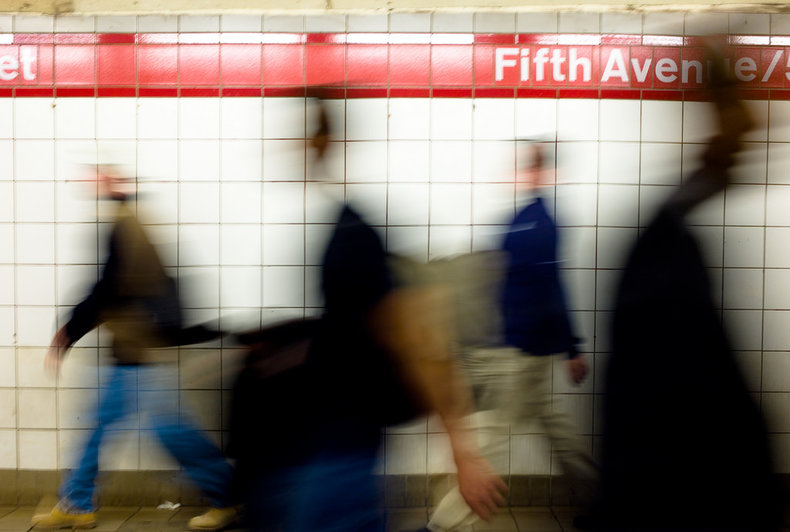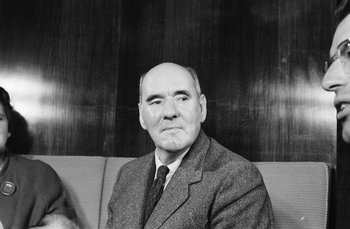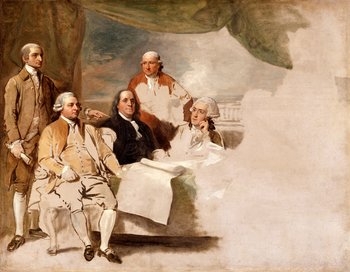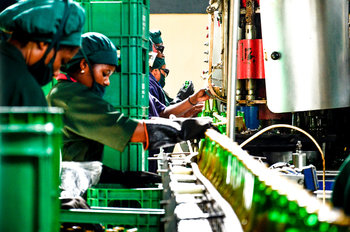|
| |
In economics, a time preference is the relative price of a good or service at different points in time. People may have personal preferences for consuming things now or saving for the future. Collectively, this behavior has an impact on economic fundamentals such as supply and demand in markets.Time preferences are strongly influenced by factors such as interest rates and inflation. For example, in a high inflation environment, people have incentive to spend their money as quickly as possible. It is common for economic policy to target a low but positive rate of inflation as this tends to stimulate economic growth. In an environment of deflation, people have incentive to hold off purchases as prices are decreasing with time.
ExampleTaking a loan to buy a car now rather than saving up for a car. The interest on the loan is the cost of a time preference for having the car now.|
Area | | Definition | The value of goods at different points in time. | Related Concepts | |
Next: Time
Time
This is the complete list of articles we have written about time.
If you enjoyed this page, please consider bookmarking Simplicable.
© 2010-2023 Simplicable. All Rights Reserved. Reproduction of materials found on this site, in any form, without explicit permission is prohibited.
View credits & copyrights or citation information for this page.
|
































